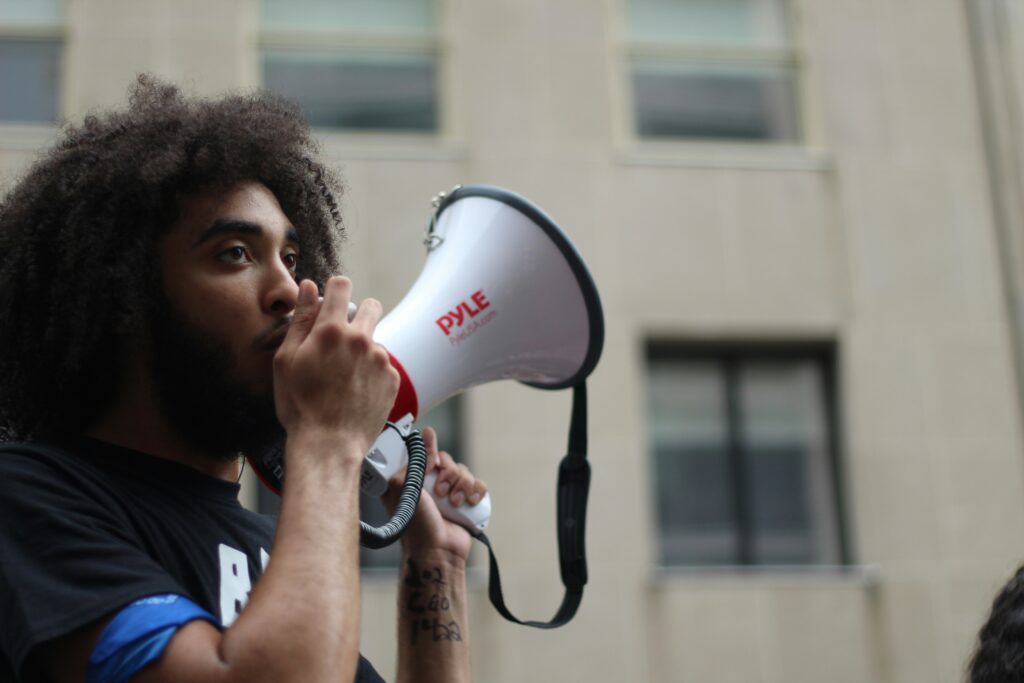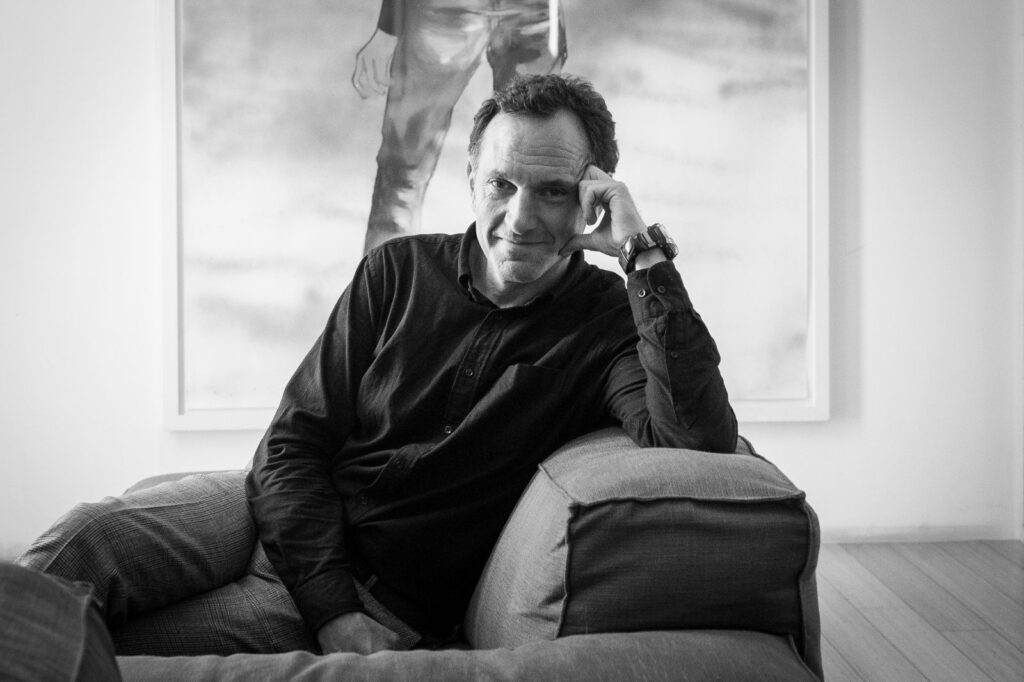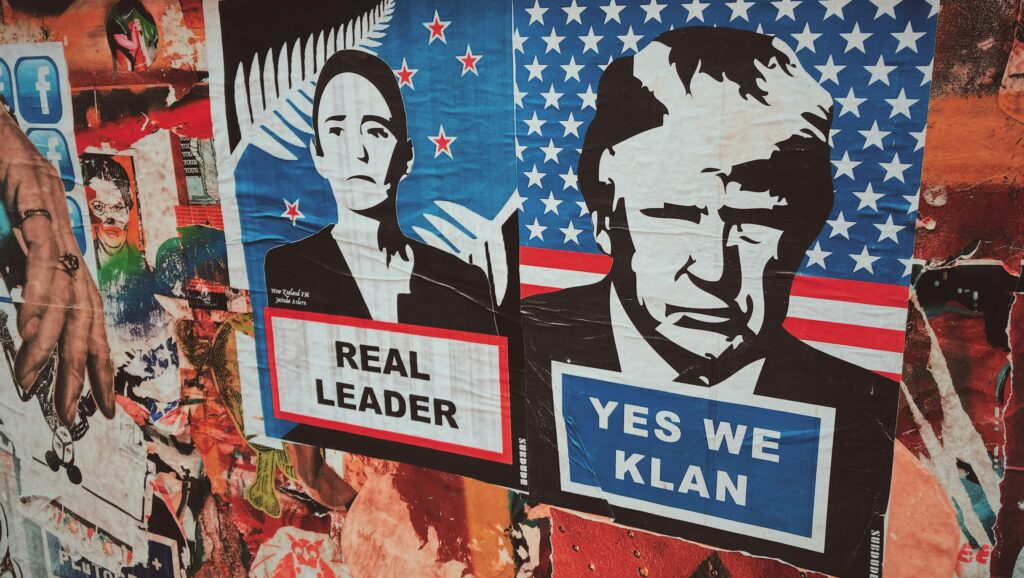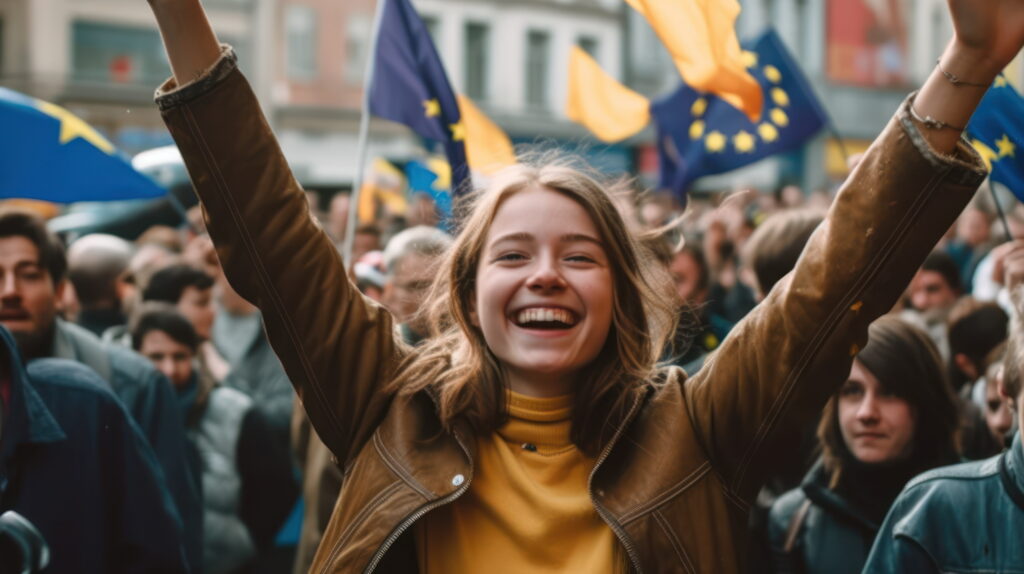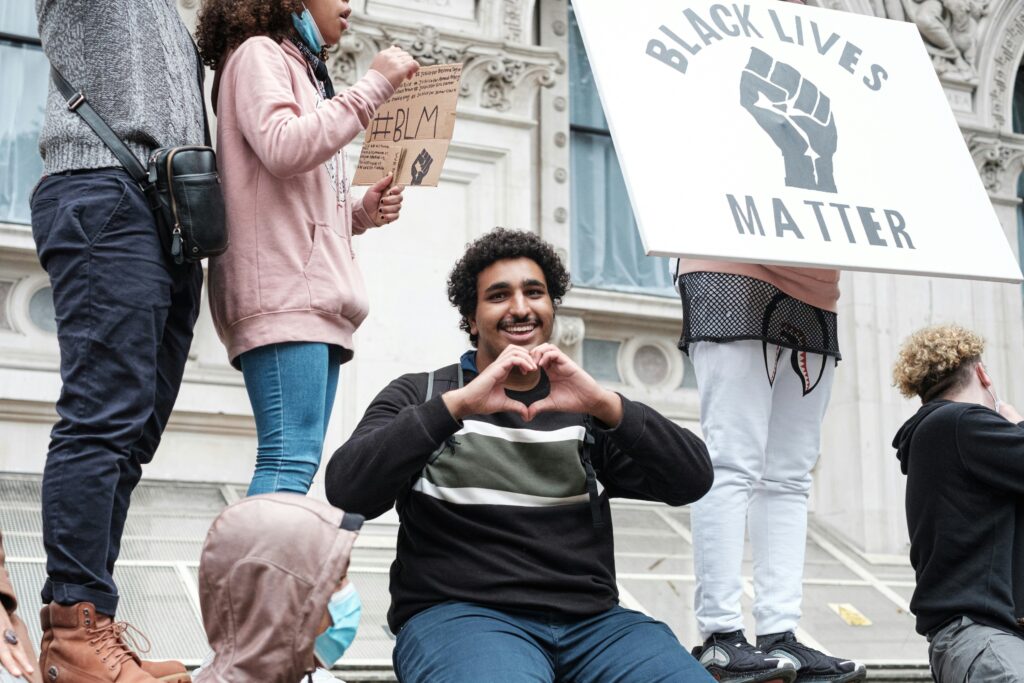Experts have been omnipresent since the beginning of the Covid-19 crisis and will continue to be so throughout the decontamination period. As the first to be affected, citizens should be closely involved in the decisions taken. The consultation of citizens’ panels on other occasions (Make your Brussels, Good Move) has already proved its effectiveness.
The current crisis is exceptional in many ways. One of them is the fact that our lives have become more than ever centred on the experts who, all day long, pour out their opinions on the various aspects that this confined life inflicts on us. Every morning, we scrutinise the authorities’ communication on the day’s health figures, as well as Sophie Wilmes’ communication after the famous CNC. Our fate – in the literal sense of the word, since it’s a question of our health, or even our survival – depends entirely on the decisions of this CNC, which claims to be based on the opinion of these famous scientific experts.
However, we must recognise that what we have gained in terms of security by proceeding in this way, we have lost in terms of democratic and civic debate. Our parliamentarians have given the keys to power to the Executive more or less everywhere, and we have all merged into a consensus inspired by a trust that in other times would have been described as blind.
An inequality of experience
But there is a major democratic issue lurking behind this crisis that is ‘playing’ with our health, because it is experienced so differently depending on whether you are a white-collar or blue-collar worker, a care assistant or a company executive, a supermarket cashier or an academic behind a computer screen, a homeowner or a social housing tenant, a bank manager or a manager of an association that helps the homeless, a parent with young children or a pensioner: This inequality of experience and, above all, of exposure to health and socio-economic risks is profoundly political, since politics is supposed to allow citizens with different situations and interests to arbitrate within the framework of a democratic debate.
Endless questions, all legitimate
In some respects, the parameters of decontainment appear clear: once we consider that this famous “peak” and the risk of overloading our medical system are sufficiently behind us, we will have to free ourselves from confinement in order to set off again, because neither the economic system – which is chomping at the bit to get going again – nor our mental health can hold out any longer in this state.
Beyond these two parameters, well, we don’t really know: social distance or not? And how many metres? Mask or no mask? And which mask? Tests or not? And for whom? And what about asymptomatic patients? And which tests? Collective immunity or not? Digital tracking or not? Etc. And so on. And every citizen will have the right to ask the question: “What about me? What will happen to my health security, that of my loved ones, my health outside the corona, my working conditions, my mobility, my professional future, my private life? The questions are endless and all legitimate!
Drawing on collective intelligence
So why not take advantage of this collective questioning not only to emerge from this period of democratic deprivation, but also to strengthen citizen participation by calling on the collective intelligence of our society to decide – on the basis of each person’s experience, which is so crucial during this traumatic period – how we are collectively ready to emerge from this confinement?
Daring to innovate democratically
In Belgium we have special expertise in this area, as the G1000 has proved, as well as the citizens’ panels in the Brussels Parliament and the Parliament of the German-speaking Community, and the ambitious participatory strategies of many Belgian towns and cities. Let’s dare to innovate democratically and get citizens involved so that we can find a democratic way out of this crisis. Let’s give citizens the opportunity to listen to each other and to debate, so that they can have greater confidence in their leaders, and above all let’s allow this group of “Exit Strategy” experts to draw on the very important and enriching experience of a large number of citizens!
Sufficiently mature techniques
And it’s working! The Irish constitutional review process has helped to defuse a tense political situation on the subject of abortion and gay marriage, while at the same time advancing political debate. The deliberative poll conducted in 2007 with the participation of the Prime Minister led to the end of separate schools for the historically rejected Roma minority. Thousands of cities around the world are using participatory budgeting, giving citizens a say in shaping their investments. Here at home, the Make Your Brussels – Mobility citizens’ panel provided input to the Parliament and the experts at Bruxelles Mobilité on the new Regional Mobility Plan – Good Move. The techniques are sufficiently mature to ensure that citizens are represented on the panels and to inform and support them in the decision-making process so that they can give an informed opinion.
Given the uncertainties that hang over us and, above all, the radical changes to our way of life that are on the horizon, it is by allowing a genuine democratic debate and giving citizens joint responsibility to take control of the way out of the crisis that we will facilitate acceptance of the rules that will be decided.
Originally published in Le Soir Plus
